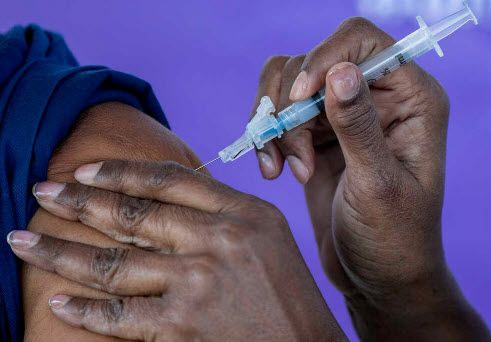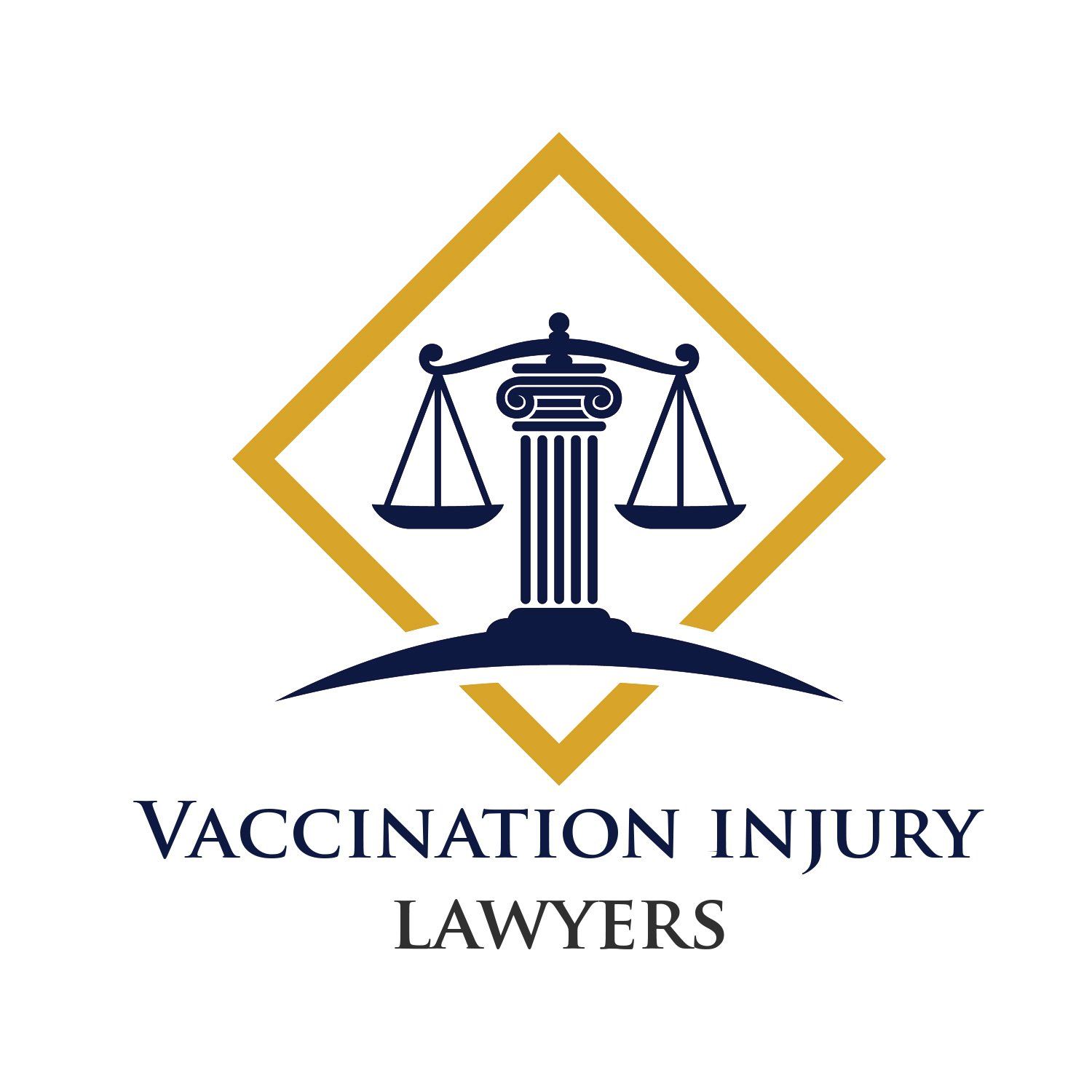3 Risks of an Improperly Administered Vaccine

In most cases, vaccines are administered without problem. However, even when you don't have sensitivities to a particular vaccine, you may develop problems if the vaccine was administered incorrectly. Whether due to stress, inexperience, or another factor, mistakes happen. But in the medical field, mistakes can lead to severe injuries and expensive damages.
To learn more, keep reading about the risks of improperly administered vaccines.
1. SIRVA
Shoulder injuries related to vaccine administration, or SIRVA, are caused when the needle causes more trauma than expected. Improper vaccine administration or an improper needle length can cause this condition. In SIRVA cases, the damage from the needed can lead to deltoid or shoulder bursitis, tendonitis, or a rotator cuff tear.
It's common to experience some mild tenderness after a vaccine. However, with SIRVA, the pain is more intense. It usually appears about 48 hours after the vaccination and won't go away. In some cases, the arm can still be sore months after the vaccine.
Besides causing damage to the soft tissue, an improperly administered vaccine can cause nerve inflammation or nerve injury. Nerve inflammation may go away after the area heals, but damage to a nerve could be a lifelong issue.
Treatment consists of managing the inflammation while the area heals. In severe cases, such as cases involving loss of range of motion or nerve damage, physiotherapy may also be necessary.
2. Infection
Skin infections often occur after a break in the skin. This allows bacteria, viruses, fungi, and parasites to get inside. For this reason, the health worker will disinfect your arm before a vaccine. If something goes wrong, however, the needle can be a perfect way for germs to hitch a ride inside.
Some common skin infections include cellulitis, impetigo, staph, herpes simplex, yeast infection, scabies, shingles, and athlete's foot.
In many cases, your body's natural defenses can fight off these infections. However, people with weaker immune systems may not be able to fight off the germs. In severe cases, if left untreated, a skin infection can reach the bloodstream. The bloodstream takes the bacteria to other parts of the body, leading to widespread infection (septicemia).
Treatment usually involves creams or special antibiotics to help your body naturally fight the infection. If you have septicemia, you'll need broad-spectrum antibiotics that kill off different kinds of bacteria at once. Fluids may also be given to help prevent blood clots.
3. Wrong Vaccine
For the most part, if you go in for a vaccine, you'll get the vaccine you wanted. However, it is possible for a health care worker to give you the wrong vaccine, which can cause a few problems.
First, if you've been given the wrong vaccine, you aren't immune to right disease, putting you at risk. In some cases, you may even need these vaccines to protect you during international travel. If you don't have the right vaccines, however, you may get various diseases during your travels.
However, even if you don't plan on traveling, getting a flu shot when you need tetanus shot isn't helpful and can lead to problems.
Additionally, getting the wrong vaccine increases your risk of having an allergic reaction. You may be allergic to something in the wrong vaccine, and if the person administering the shot doesn't realize that you have allergies, it can lead to many adverse side effects.
If you've experienced an adverse effect due to an improperly administered vaccine, then you deserve to be reimbursed for your damages. If you would like to learn more, or if you want to talk about your own case, contact us at Vaccination Injury Lawyers today.



